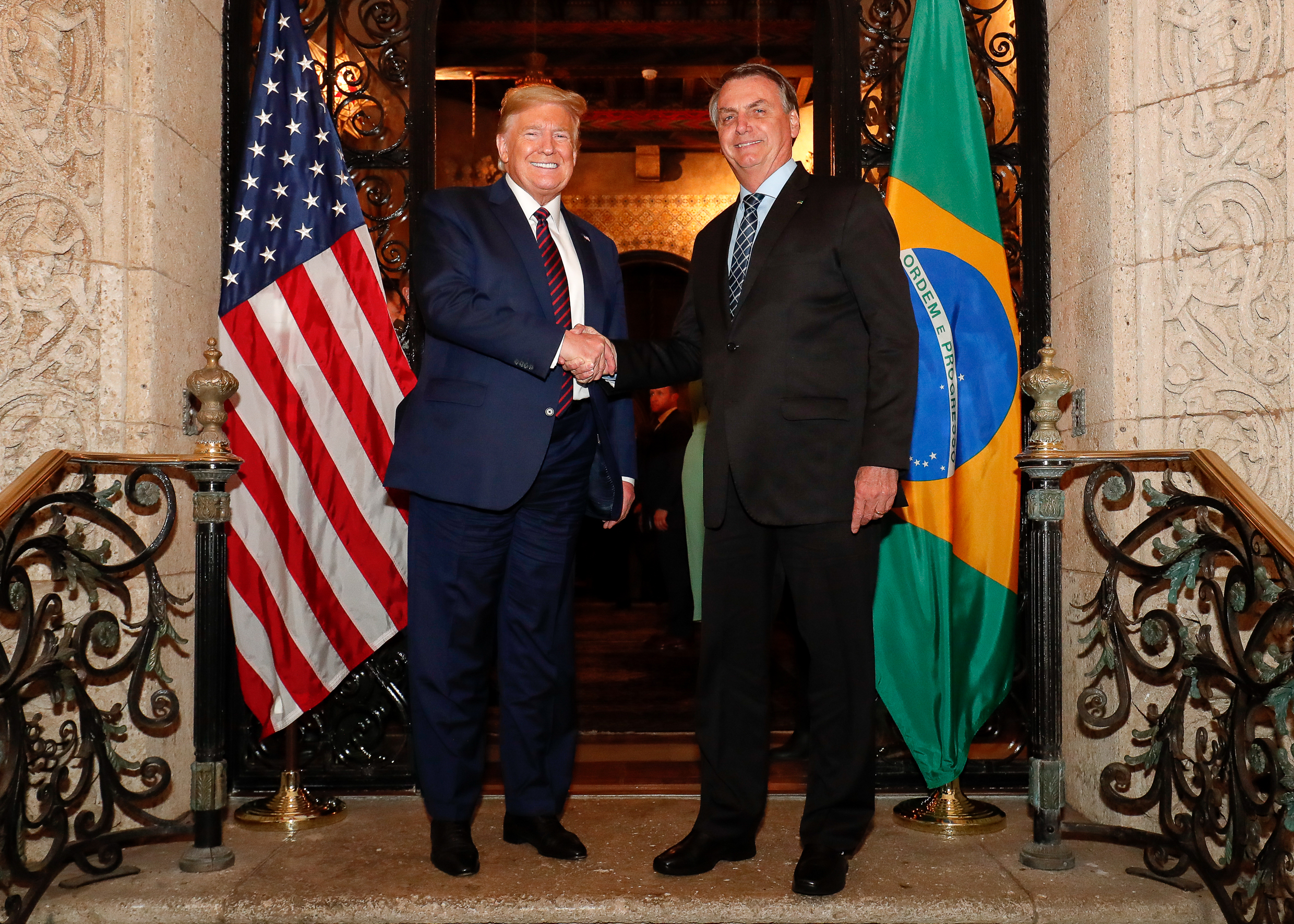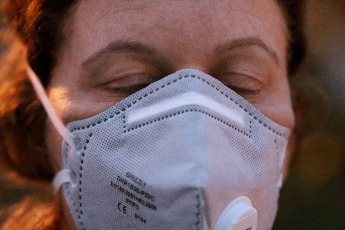
Article Artículo
Bernie Sanders Forced Open the Books on the Last BailoutDean Baker / April 13, 2020
Article Artículo
The US Government Pays 0.01 Percent of Its Budget to the World Health OrganizationDean Baker / April 13, 2020
Article Artículo
A Special Gift for Donald Trump’s Friends: An Excess Profits TaxDean Baker / April 13, 2020
Prices Byte Artículo
Consumer Price Index Falls 0.4 Percent, Driven by Plunging Gas, Hotel, and Airline PricesDean Baker / April 10, 2020

Article Artículo
Latin America and the Caribbean
Brazil and COVID-19: Favela Residents and Indigenous Communities Among Those Most at RiskAlexander Main / April 08, 2020
Article Artículo
What Will Feds Do About Corporate Bailout Bill Corruption? Look to Walmart’s Opioid CaseApril 08, 2020

Article Artículo
A Basic Demographic Profile of Workers in Frontline IndustriesHye Jin Rho, Hayley Brown and Shawn Fremstad / April 07, 2020
Article Artículo
Profiteers Plunder Hospitals, Then Line Up for Federal SubsidiesEileen Appelbaum and / April 07, 2020

Article Artículo
Sanctioning the Way for COVID-19Dan Beeton and / April 06, 2020
Article Artículo
The Length of the Shutdowns Will be Determined by Donald Trump, not ScienceDean Baker / April 06, 2020
Article Artículo
Basic Economics for Economic Columnists: A Depression is a Process, not an EventDean Baker / April 05, 2020
Article Artículo
Why Do Economists Have Such a Hard Time Imagining Open Source Biomedical Research?Dean Baker / April 04, 2020

Jobs Byte Artículo
Coronavirus Hit Shows Up Strongly in March Data, Loss of 701,000 JobsDean Baker / April 03, 2020


Article Artículo
Here’s What Wall Street Doesn’t Want You to Know About its Grip on Emergency RoomsEileen Appelbaum and / April 03, 2020

Article Artículo
Hospital Bailouts Begin—for Those Owned by Private Equity FirmsEileen Appelbaum and / April 02, 2020
Article Artículo
Amazing Discovery at the NYT: Drugs and Vaccines Can be Developed Without Patent MonopoliesDean Baker / April 01, 2020